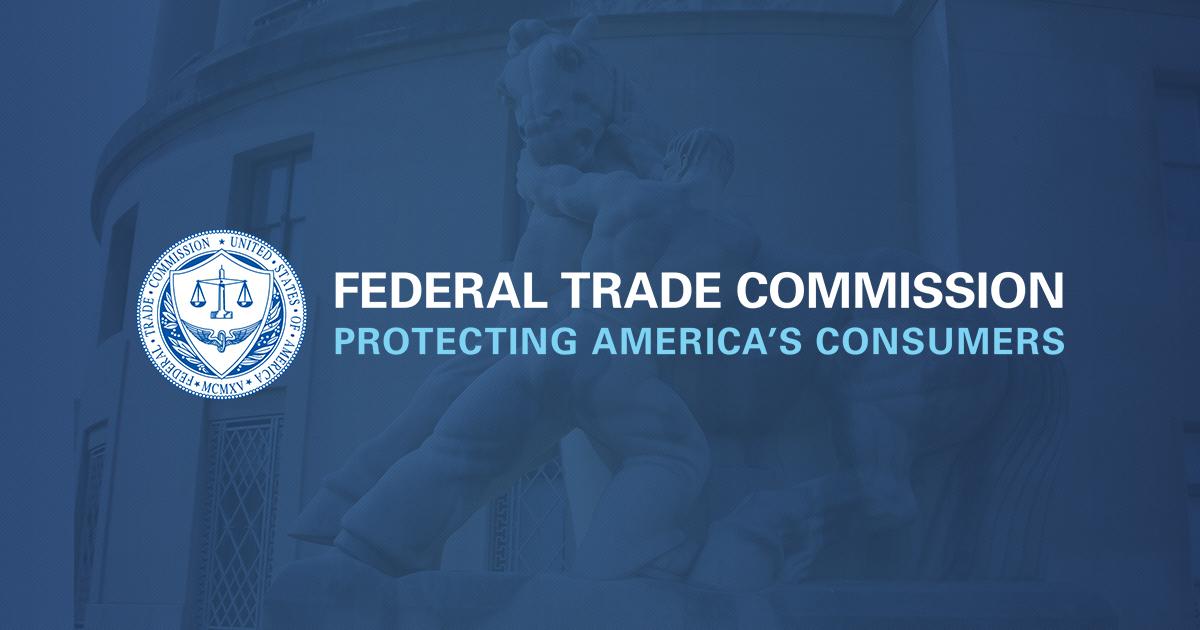The Federal Trade Commission today issued an administrative complaint seeking to block title insurance provider Fidelity National Financial, Inc.’s $1.2 billion acquisition of Stewart Information Services, alleging the merger would substantially reduce competition in state markets for title insurance underwriting for large commercial transactions, and in several local markets for title information services.
Title insurance protects customers and lenders in real estate transactions from financial loss that results from defects in the property’s title. Most real estate transactions in the United States involve financing from a lender, and because most lenders require title insurance, nearly every real estate transaction in the United States includes a title insurance policy.
Fidelity and Stewart are two of the four largest title insurance underwriters in the United States, along with First American Title Insurance Company and Old Republic National Title Insurance Company. The “Big 4,” as they are known in the industry, have the financial strength, commercial expertise, and national footprint to underwrite large commercial transactions with a liability amount in excess of $20 million, according to the complaint. On a national level, the Big 4 account for more than 85 percent of all title insurance sales, and after the merger, the combined Fidelity-Stewart would have more than 43 percent of sales nationwide. According to the complaint, Fidelity is the largest of the Big 4, having gained that position through a series of acquisitions.
“Competitive title insurance and title information markets are essential to providing Americans affordable and high-quality title insurance products,” said Bureau of Competition Director Bruce Hoffman. “The merger threatens to continue a trend of consolidation in these markets. Our action seeks to preserve important and beneficial competition that plays out every day in every real estate transaction across the United States.”
State Markets for Title Insurance Underwriting for Large Commercial Transactions
The complaint alleges that the proposed acquisition will reduce the number of significant competitors offering underwriting for large commercial transactions from 4 to 3 and eliminate significant head-to-head competition between Fidelity and Stewart in 45 states and the District of Columbia. Each state is a separate market, as customers seeking to purchase title insurance for property in a given state must deal with a firm licensed in that state. In many states, Fidelity and Stewart’s combined market share for large commercial transactions is greater than 50 percent; in most states, the combined market share is greater than 40 percent.
The complaint alleges that Fidelity and Stewart are close competitors for large commercial transactions, and this competition results in price and non-price benefits for customers. Among the Big 4, Stewart has shown a willingness to undercut the other underwriters, and has developed a reputation for finding creative and customer-friendly ways to defer costs. Absent competition from an independent Stewart, Fidelity will not need to compete as aggressively on price, coverage, underwriting requirements, or service as it does today. The complaint further alleges that the elimination of Stewart as an independent competitor will increase the ability and incentive of the remaining underwriters to pursue tacitly a more cooperative strategy to the detriment of customers with large commercial transactions.
According to the complaint, firms seeking to enter or expand in the market for title insurance underwriting for large commercial transactions would face significant barriers to entry. No entrant or failed entrant has come close to achieving the scale and competitive significance of the Big 4 for at least a decade.
Local Markets for Title Information Services
Fidelity and Stewart also own extensive, overlapping networks of title plants – databases of detailed information about the chain of title to individual properties, indexed to facilitate efficient title searches for underwriting purposes. Title plants are specific to a single county or metropolitan area because the information comes from local government records. Access to the information in these title plants – also called title information services – is essential for issuance of title insurance policies in many local markets throughout the United States.
According to the complaint, the merger is likely to result in harm in at least 6 local areas by eliminating important competition between the title plants that Fidelity and Stewart own separately, and in another 8 localities by giving Fidelity a greater ownership stake in certain title plants that are subject to joint ownership today. The acquisition would increase the incentive and ability of Fidelity acting alone or with remaining joint plant owners to raise prices or reduce output for title information services.
The Commission is grateful for the participation of numerous state attorneys general in the investigation, including Arizona, the District of Columbia, Florida, Illinois, Maryland, Massachusetts, New York, Oregon, Pennsylvania, Virginia, and Washington. The states’ contributions have been invaluable in this matter, and the Commission looks forward to continued collaboration.
The Commission vote to issue the administrative complaint and authorize staff to seek a temporary restraining order and preliminary injunction in federal district court was 3-1-1. Chairman Joseph J. Simons was recused and Commissioner Christine S. Wilson voted no. The administrative trial is scheduled to begin on Feb. 4, 2020.
NOTE: The Commission issues an administrative complaint when it has “reason to believe” that the law has been or is being violated, and it appears to the Commission that a proceeding is in the public interest. The issuance of the administrative complaint marks the beginning of a proceeding in which the allegations will be tried in a formal hearing before an administrative law judge.

